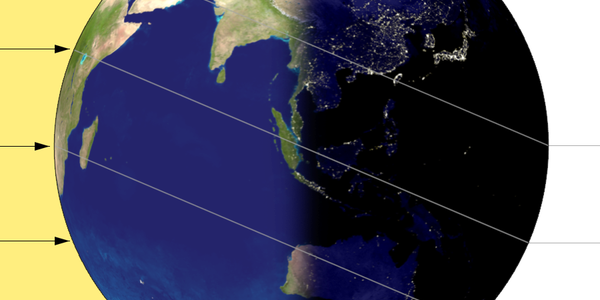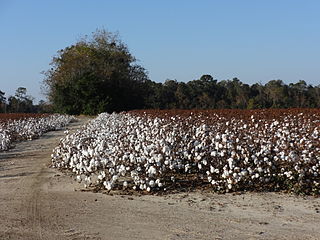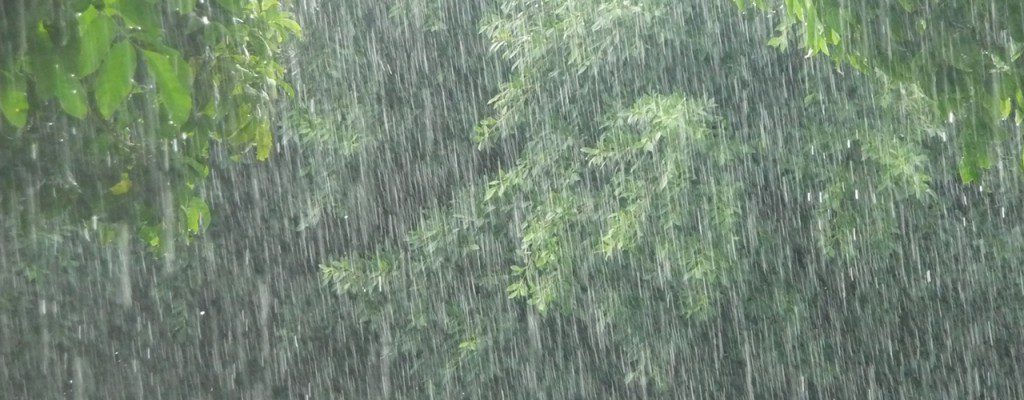Climate and Ag in the news
-

December 21 is the winter solstice in 2022. That means that the sun is the lowest in the sky and the days are the shortest of the year in the Northern Hemisphere. This year the actual time of solstice is 4:48 pm Eastern Time. You can read more about the winter solstice at EarthSky here…
-

While a lot of the hype on social media this week (at least among meteorologists) has been the potential for snow somewhere in the Southeast or on the East Coast, the bigger story for most of us is going to be the coming cold weather, according to James Spann, well-known Birmingham meteorologist. The conditions he…
-

The Southeast Farm Press published an excellent review of cotton production across the United States earlier this week. The story highlights how important the weather and climate are to the yields producers got across the country. Sometimes just a few inches of rain is the difference between an excellent crop and none at all, when…
-

Anna Scheyett, one of our UGA Faculty, is launching a new Thriving on the Farm Blog in January that will discuss proactive ways for farmers, farm workers and their families to stay healthy, both physically and mentally. I am sharing her message so that you can sign up if you are interested in this topic.…
-

We are very excited in the UGA Atmospheric Sciences program to have access to a brand-new radar system that we have purchased jointly with Georgia Tech. It will fill in an area of northeast Georgia that is not well-covered by current National Weather Services radars and will also serve as a teaching tool for our…
Posted in: Climate and Ag in the news -

I’m talking about temperature, folks! A lot of my social media feed for the last couple of days has been related to one or more cold outbreaks that could affect the United States over the next couple of weeks or even into January. NOAA’s Climate Prediction Center even posted an infographic about the first one,…
-

Scientists use models to study how single variables can affect a complex solution in engineering, economics, and physical and life sciences. These models can be conceptual, mechanical, or computational. In terrestrial climatology, the sheer number of variables that have to be included means that computer models are the best approach because once built, they allow…